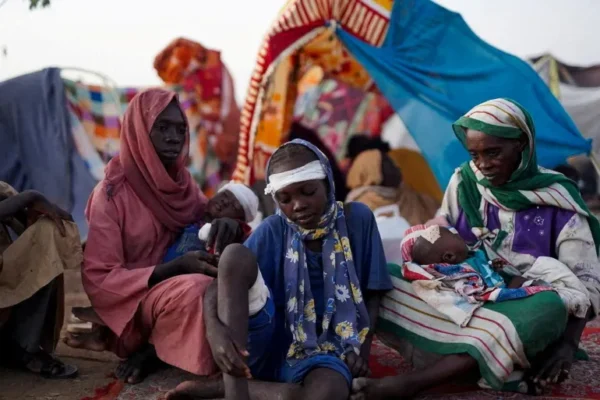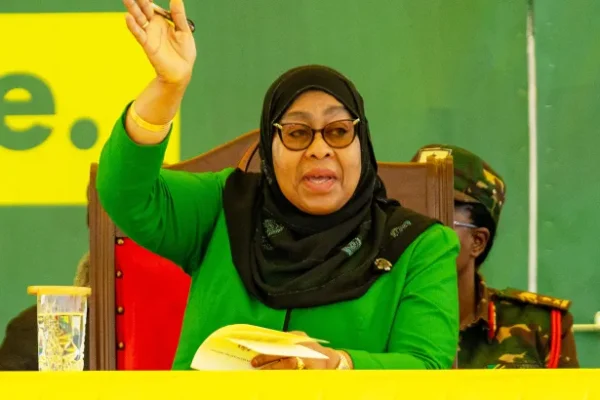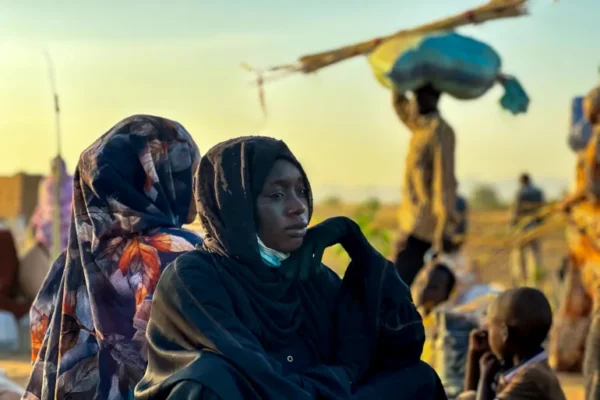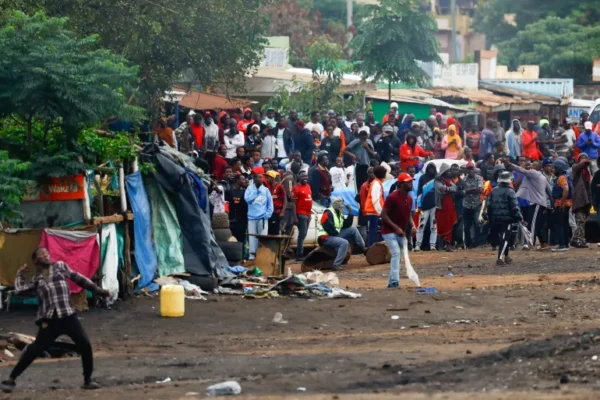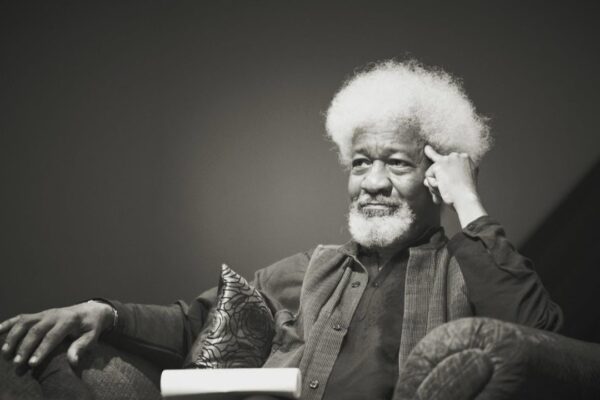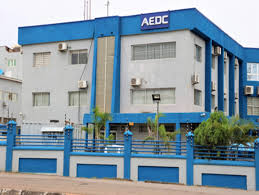
Abuja Electricity Firm AEDC Lays Off 800 Workers Amid Power Sector Crisis
The Abuja Electricity Distribution Company (AEDC) has laid off about 800 employees in one of the largest retrenchment exercises in Nigeria’s power sector in recent years. The mass layoff, which began on Wednesday, November 5, 2025, marks a key phase in the company’s ongoing internal restructuring programme aimed at addressing operational inefficiencies and revenue challenges. AEDC, which distributes electricity to the Federal Capital Territory (FCT) as well as Kogi, Niger, and Nasarawa States, has been battling financial strain, mounting debts, and declining revenue collection. According to The PUNCH, multiple company sources confirmed that the management had initially proposed dismissing about 1,800 employees, but later reduced the figure to 800 following intense negotiations with the National Union of Electricity Employees (NUEE) and the Senior Staff Association of Electricity and Allied Companies (SSAEAC). “Management wanted to sack 1,800, but after much pressure, they brought it down to 800,” one affected worker said, speaking anonymously. “The unions initially insisted that nobody should be sacked.” Another source confirmed that the affected workers began receiving their disengagement letters on Wednesday after earlier delays. A sample of the termination notice, titled “Notification of Disengagement from Service” and signed by Adeniyi Adejola, AEDC’s Chief Human Resources Officer, stated that the retrenchment formed part of the company’s ongoing “rightsizing process.” The letter read in part: “We regret to inform you that your services with the company will no longer be required, effective 5th November 2025. This decision follows the outcome of the company’s ongoing rightsizing exercise… Completion of exit clearance and return of company property will be required before the processing of your exit payment.” The company assured outgoing staff that the decision was taken after “careful consideration” and in line with corporate policy, while acknowledging their contributions and wishing them success in future endeavors. Industry Concerns Over Growing Sector Instability The layoffs come amid worsening instability in Nigeria’s electricity distribution sub-sector, where weak liquidity, poor infrastructure, and regulatory uncertainty continue to threaten sustainability. Analysts warn that AEDC’s retrenchment may be a signal of deeper distress in the power industry, as many Distribution Companies (DisCos) struggle to stay afloat amid rising operational costs, huge unpaid consumer debts, and declining power supply levels. The development has sparked renewed calls for urgent reforms to stabilize the sector, improve efficiency, and ensure consumer protection amid widespread service complaints.


